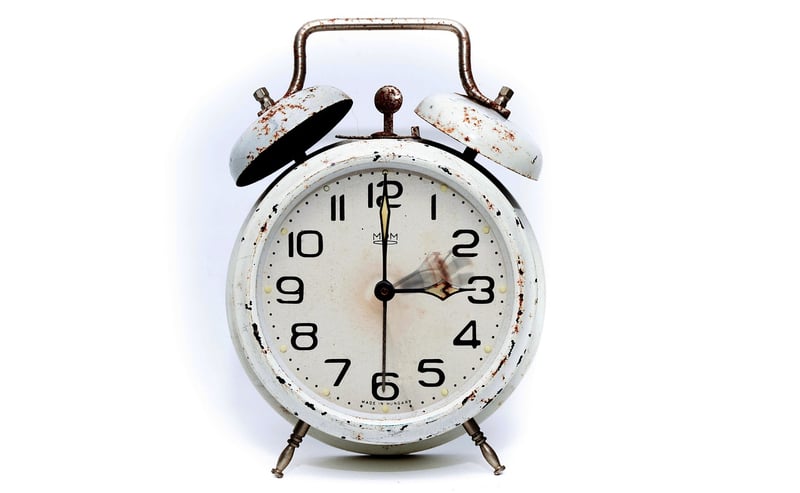Temporal Integrity
The Intersection of Moral and Philosophical Considerations with Temporal Integrity
In the realm of temporal integrity, the ethical and philosophical aspects play a significant role in shaping our understanding of time travel, causality, and the consequences of altering the past or future. Let's delve into how moral dilemmas intersect with the concept of temporal integrity.
Understanding Temporal Integrity
Temporal integrity refers to the preservation and coherence of the timeline, ensuring that events unfold naturally without undue interference. It encompasses the idea that any alterations to the past can have far-reaching repercussions on the present and future, leading to paradoxes and inconsistencies.
Moral Implications of Time Travel
Time travel raises profound moral questions about the consequences of altering history and the implications of playing "god" by manipulating the timeline. Is it ethical to change past events for personal gain, knowing that it could have detrimental effects on others? These ethical dilemmas highlight the delicate balance between individual choice and the greater good.
Philosophical Considerations
From a philosophical standpoint, time travel challenges our understanding of free will, determinism, and the nature of reality. The concept of predestination versus choice comes into sharp focus when considering the ability to alter the past or future. Do we have the power to change our destinies, or are we bound by a fixed timeline?
The Butterfly Effect
The famous "butterfly effect" illustrates how small actions in the past can have significant consequences in the present and future. Even minor changes to the timeline can create ripple effects, altering the course of history in unforeseen ways. This concept underscores the fragility of temporal integrity and the need for caution when tampering with the past.
Striving for Temporal Integrity
Preserving temporal integrity requires a deep sense of responsibility and respect for the timeline. It involves honoring the natural progression of events and accepting the consequences of our actions, both in the past and present. By upholding temporal integrity, we ensure the stability and coherence of the timeline, safeguarding against disruptions and paradoxes.
Conclusion
In conclusion, the intersection of moral and philosophical considerations with temporal integrity raises complex questions about the ethics of time travel and the nature of causality. By exploring these intertwined concepts, we gain insight into the profound implications of altering the past and the importance of maintaining temporal integrity in our temporal explorations.

For more thought-provoking insights on time travel and ethical dilemmas, consider exploring Stanford Encyclopedia of Philosophy - Time Travel.
